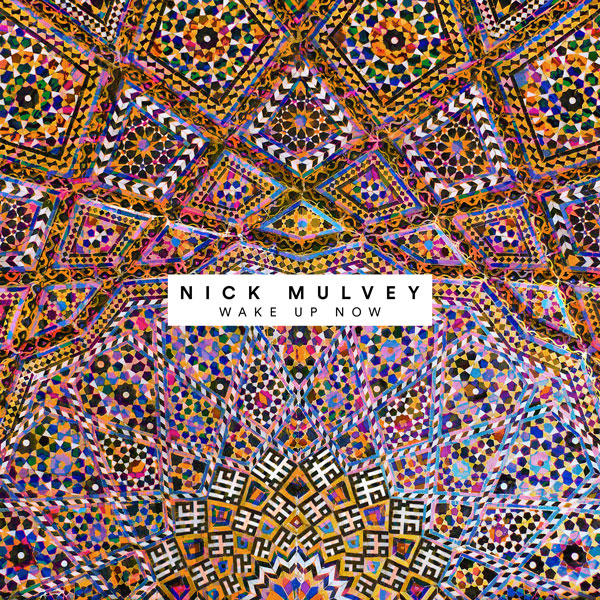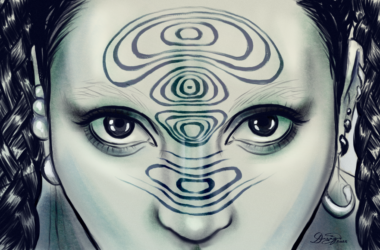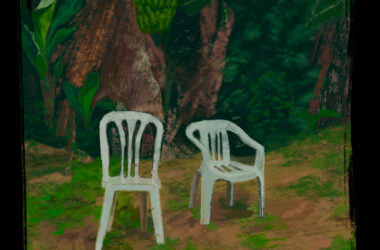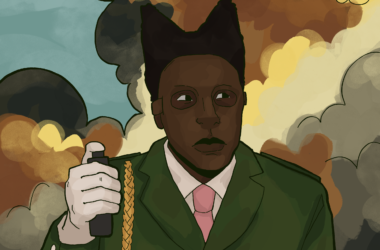It’s been six years since Nick Mulvey left the famed jazz band, Portico Quartet, in pursuit of a solo singer-songwriter career. Since then, Mulvey has released one EP and two studio albums—all of them receiving praise, and even a Mercury Music Prize nomination for his 2014 debut full-length First Mind. It is undeniable that going solo was the right choice for Mulvey, and with the release of his second studio album, Wake Up Now, his initial success seems like the beginning of something much greater. The new album is unique in that it combines Mulvey’s dual musical personas: folk and pop.
From the get-go, Mulvey transports listeners to a seemingly faraway land. The combination of Latin guitar, subtle drum beat, and background vocals are reminiscent of Florence and the Machine, enticing you to somewhere familiar but unexplored. “Unconditional”—a song which Mulvey originally released as a single—simultaneously stirs up feelings of nostalgia and belonging.
Part of this may be due to Mulvey’s musical background: At 19, he moved from London to Havana, Cuba, to study music. One year prior, Mulvey acquired his first guitar in southern Spain. Eventually, Mulvey moved back to the United Kingdom to pursue studies in ethnomusicology, focusing mainly on Western and Central Africa. These regional influences are apparent when listening to Wake Up Now; sounds that are not usually found in pop music—like the guitar mixed with chorale vocals—are at the very center of Mulvey’s composition. He adds to his eclectic style with each instrument used and, most of the time, percussion brings life to each track.
Mulvey’s innovation and development as an artist are largely thanks to his world travels. And worldly he is: Wake Up Now is not a mere rising-pop album, it is an echo of the suffering in our current reality. Songs like “Myela” and “We Are Never Really Apart” comment on current social and political distress. With compassionate lyrics such as “freedom from the cage of this supposed civilization” and “our indigenous heart,” Mulvey shines light on the Syrian refugee crisis and the infringement upon indigenous rights. In comparison to other pop artists, Mulvey veers off the traditional course, taking a global stance in writing his music.
The listener feels the worldly influence throughout the mix of sounds. So much is occurring in each song that you have no option but to surrender, listen, and let the music take you elsewhere. Mulvey’s compassionate lyrics alongside the variety of sounds highlights the juxtaposition between the world’s current status—filled with plenty of tragedies—and the fantasy in which we manage to exist. Though the album is a dream in itself, it does what many musicians fail to do: It wakes us up. It opens our eyes to both the beauty and the tragedy of the world. Listening to Wake Up Now will lull you into a dream all the while waking you up, leaving you wishing to go back to sleep, back to a dreamland.









